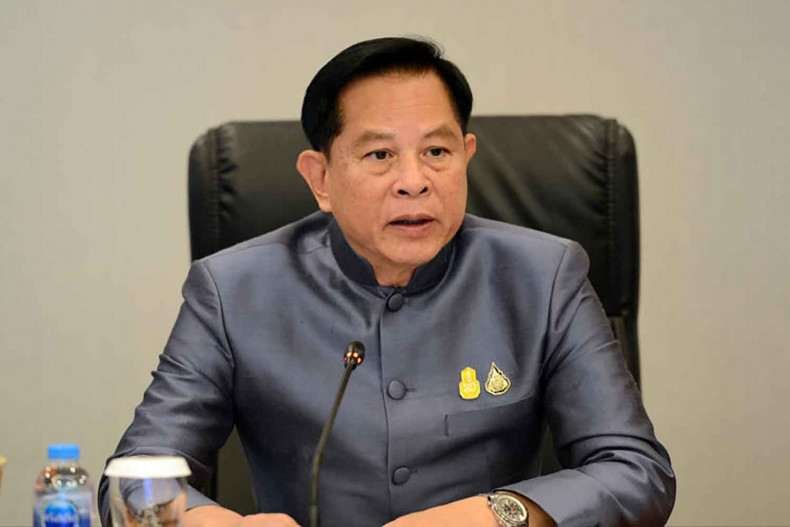Pheu Thai, one of Thailand’s most influential political parties, has found itself at the center of a political storm after announcing the formation of a new coalition government. The move, intended to consolidate power and ensure stability, has instead sparked a wave of criticism from both political rivals and segments of the public, raising questions about the party’s strategy and the future of Thailand’s political landscape.
The announcement came as Pheu Thai, after weeks of intense negotiations, revealed the composition of its new coalition, which includes a diverse array of political factions. The decision to include certain controversial parties in the coalition has particularly drawn ire, with critics accusing Pheu Thai of compromising its principles for the sake of political expediency. Detractors argue that the coalition’s makeup reflects a willingness to align with ideologies and figures that stand in stark contrast to Pheu Thai’s traditional base, potentially alienating core supporters.
One of the most contentious aspects of the new coalition is the inclusion of parties that have historically been aligned with the military or have supported policies that contradict Pheu Thai’s platform. For many, this partnership is seen as a betrayal of the party’s long-standing commitment to democratic values and its opposition to military influence in politics. The perception that Pheu Thai is making concessions to secure power has led to widespread disillusionment among voters who had hoped for a government that would challenge the status quo.
In the days following the announcement, social media platforms have been abuzz with criticism, with hashtags denouncing the new coalition trending across Thai Twitter. Prominent political commentators and activists have voiced their disappointment, arguing that Pheu Thai’s decision undermines the party’s credibility and could lead to further polarization in an already divided society. Some have gone as far as to accuse the party of abandoning its original mission of advocating for the rights and welfare of ordinary Thais in favor of securing political power at any cost.
The new coalition government is also facing skepticism from within its own ranks. Reports suggest that some Pheu Thai members are uneasy with the direction the party is taking, fearing that the alliances formed could backfire, leading to internal conflicts and a loss of voter trust. These internal divisions could pose significant challenges for the coalition’s ability to govern effectively, especially in the face of a resurgent opposition that is likely to capitalize on any perceived weaknesses.
Despite the backlash, Pheu Thai leaders have defended their decision, arguing that the formation of a broad-based coalition was necessary to ensure political stability in Thailand. They contend that in the current polarized environment, it is essential to bring together a wide range of voices to create a government capable of navigating the country through economic and social challenges. The party’s leadership has also emphasized that the coalition will operate on the basis of consensus, with all parties agreeing to work together for the good of the nation.
However, the challenge for Pheu Thai will be to manage the competing interests within the coalition while maintaining its own identity and agenda. The party will need to strike a delicate balance between appeasing its coalition partners and staying true to the promises made to its electorate. Failure to do so could result in further erosion of public confidence and weaken Pheu Thai’s standing in future elections.
The formation of the new coalition also has broader implications for Thailand’s political future. The country has been marked by instability and frequent changes in government over the past decade, and the success or failure of this coalition could set the tone for the next phase of Thai politics. If Pheu Thai can navigate the complexities of coalition governance and deliver on its promises, it may help stabilize the political landscape and restore some measure of public trust in the democratic process.
On the other hand, if the coalition falters, it could lead to a renewed period of political turmoil, with the possibility of early elections or even more dramatic shifts in power. Such an outcome would likely deepen the divisions within Thai society and further complicate efforts to address the pressing economic and social issues facing the country.
As Pheu Thai embarks on this new chapter in its political journey, all eyes will be on how the party handles the challenges ahead. The next few months will be crucial in determining whether the coalition can hold together and govern effectively, or whether it will succumb to the pressures of internal discord and external criticism. For now, the party’s leadership remains confident, but the path forward is fraught with uncertainty and potential pitfalls.









